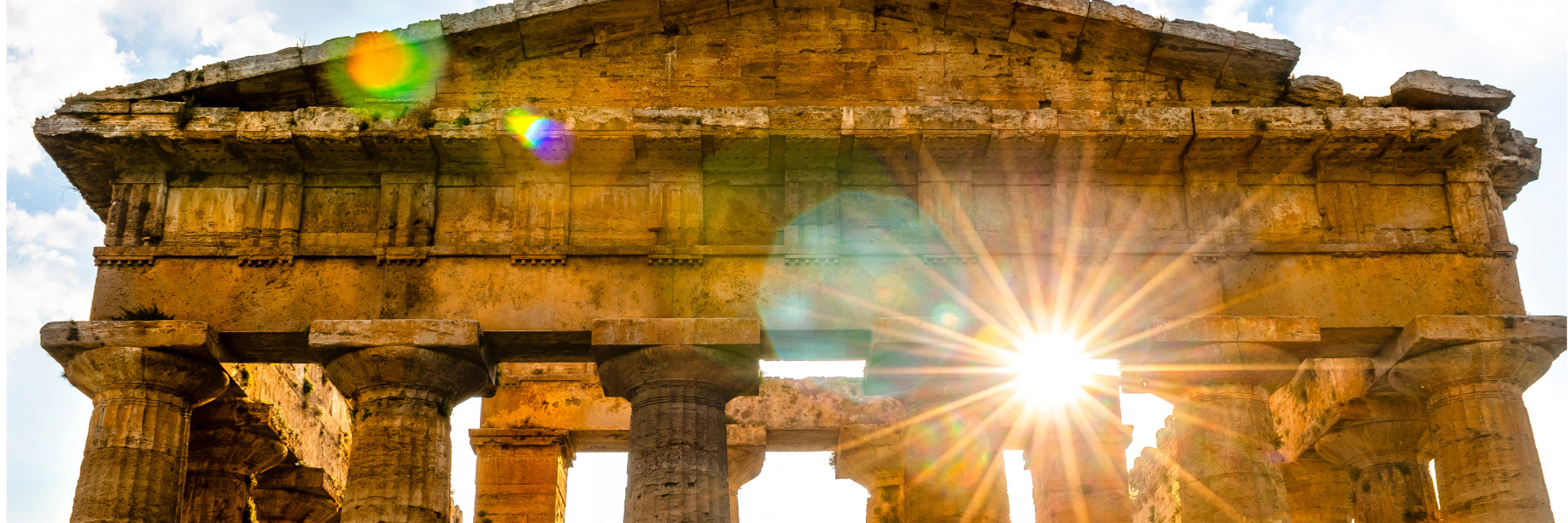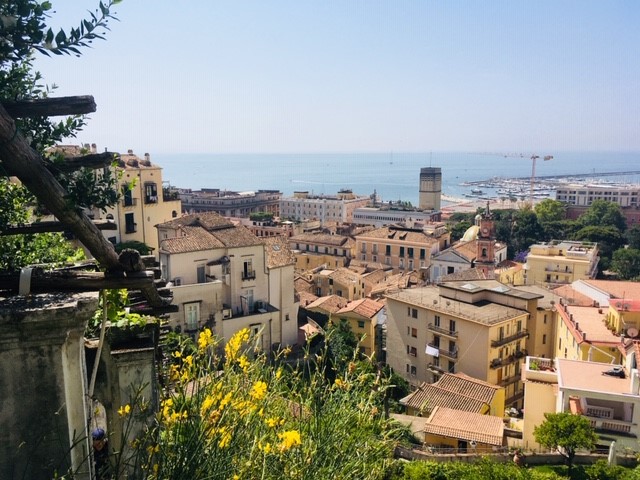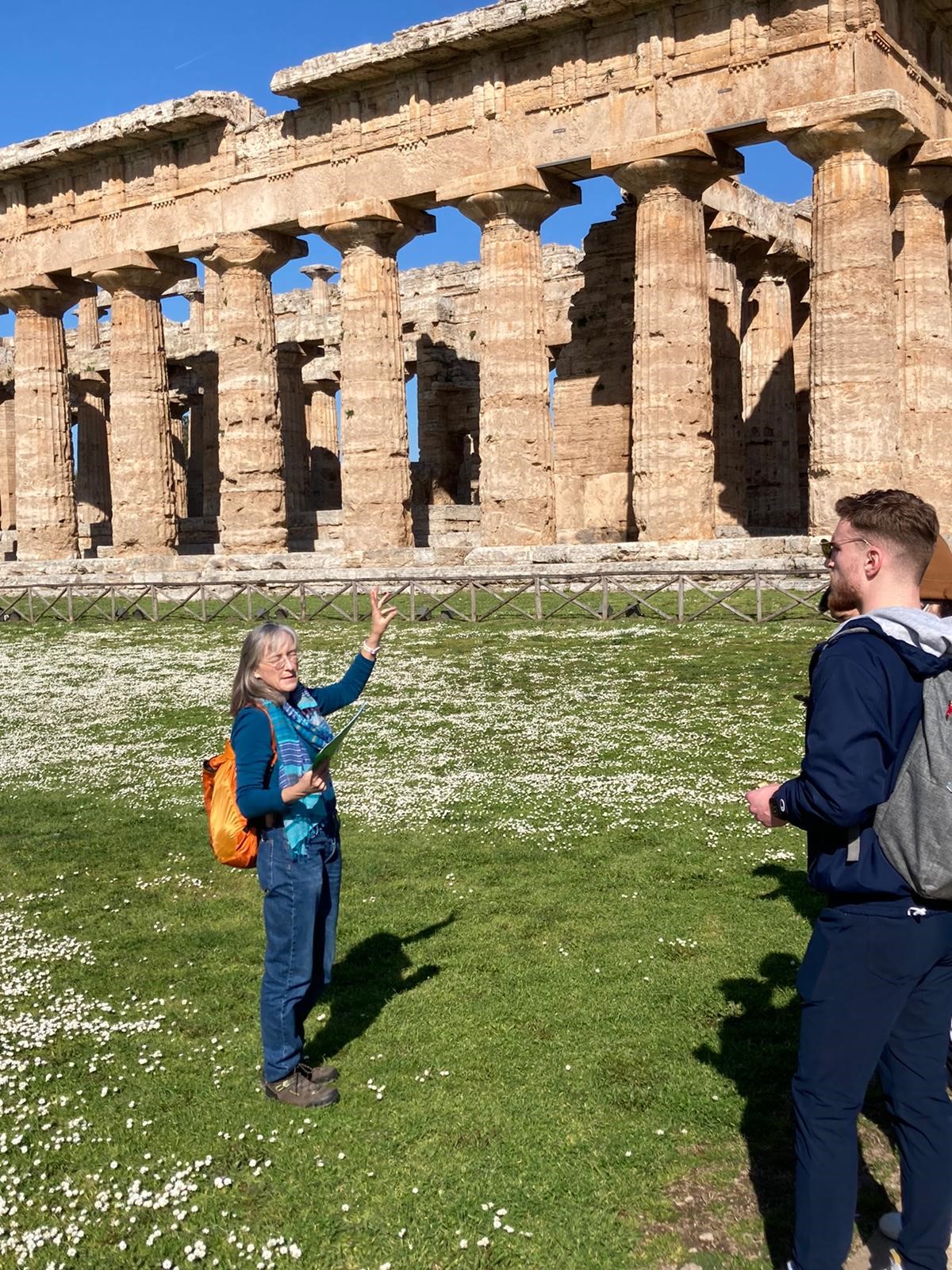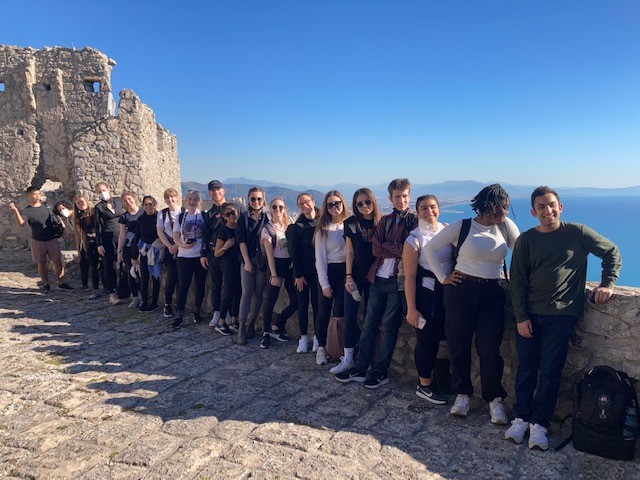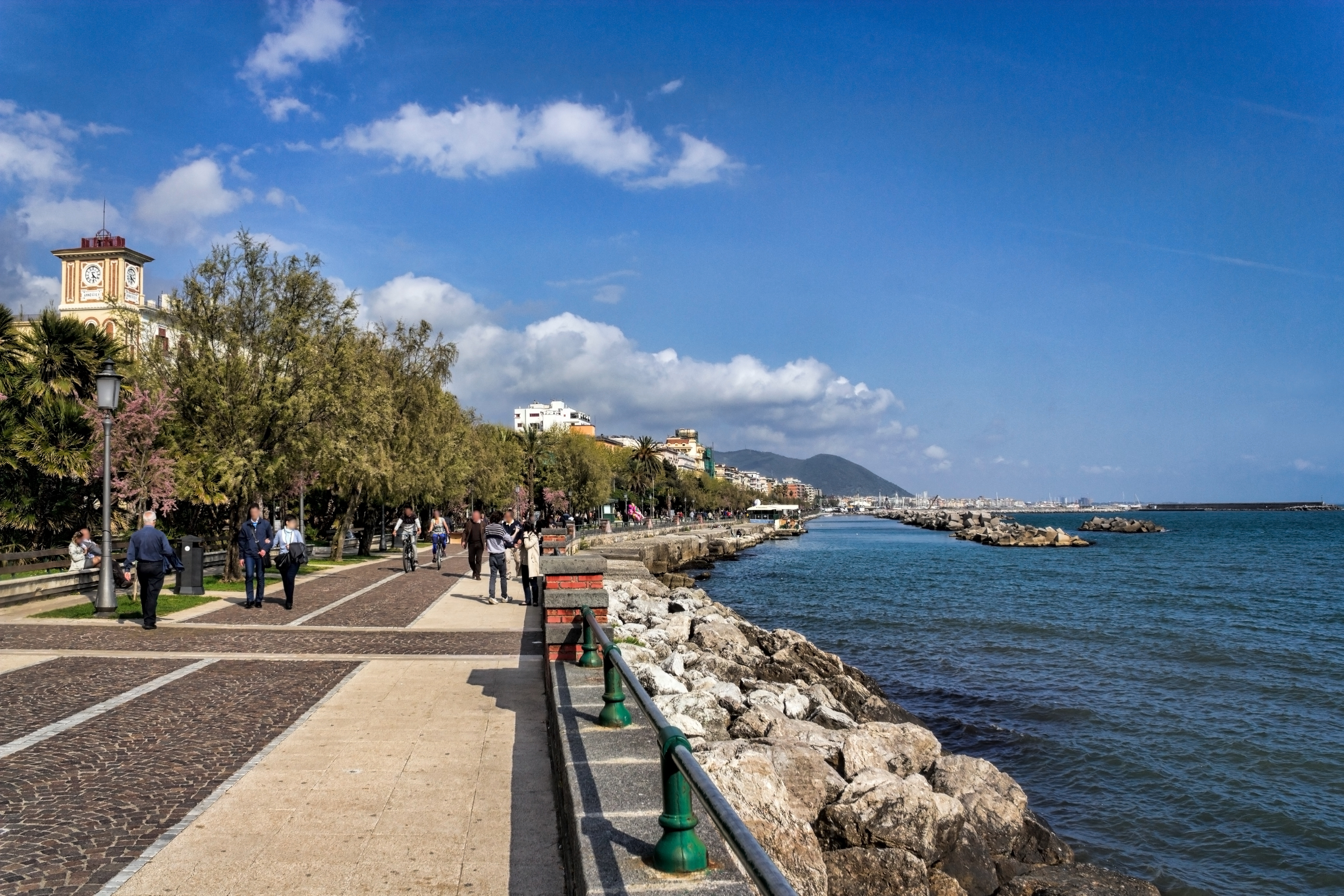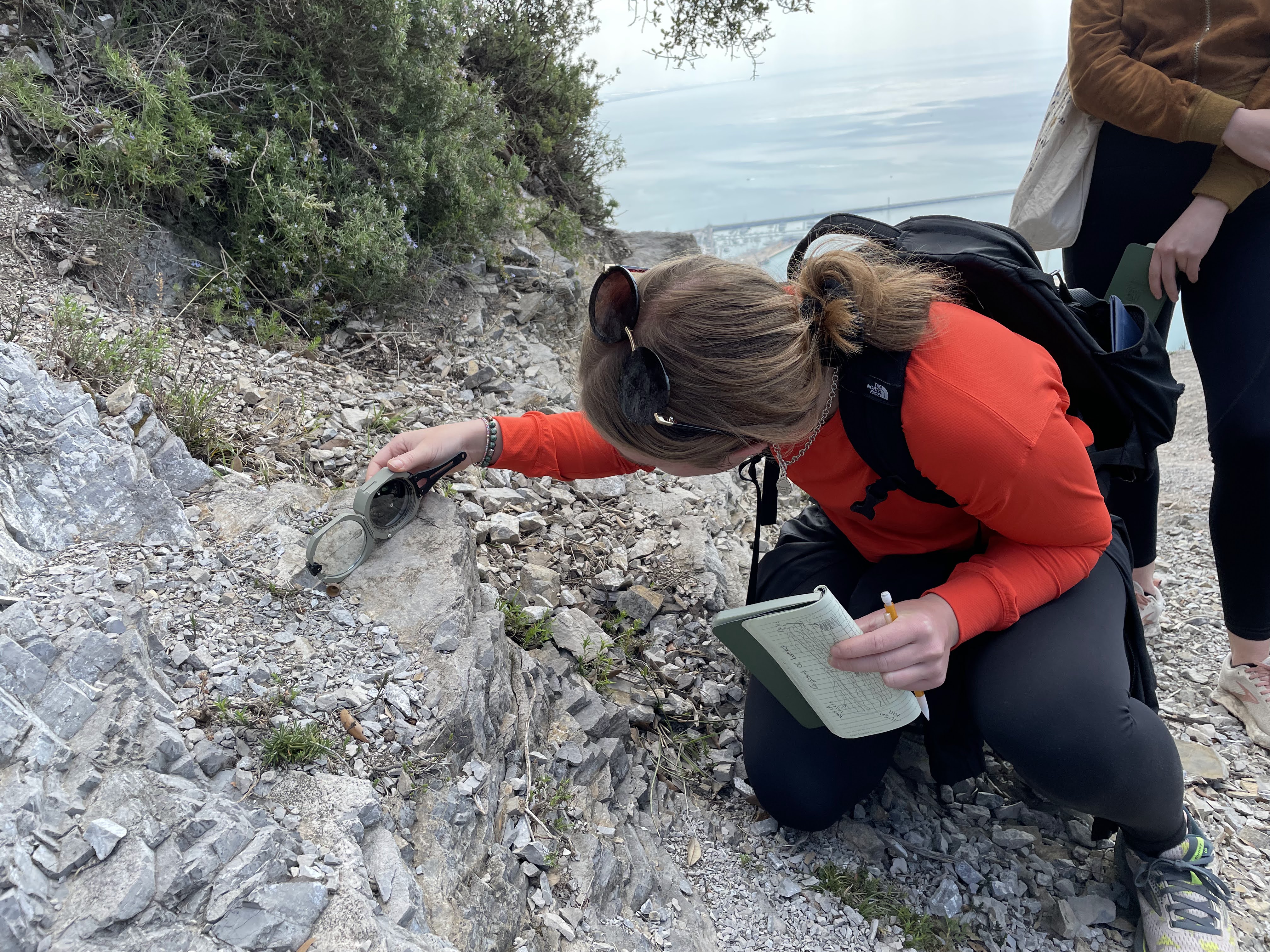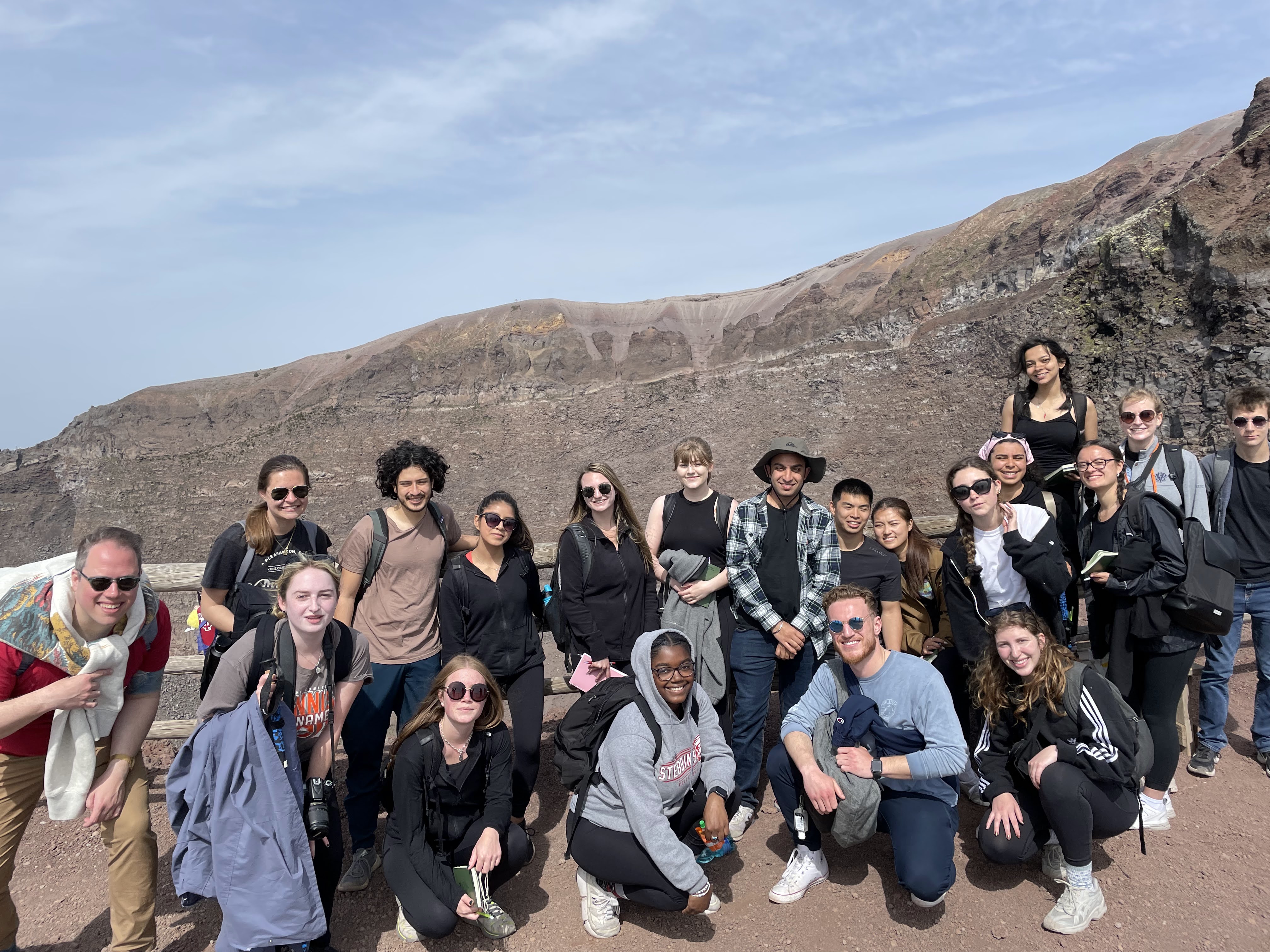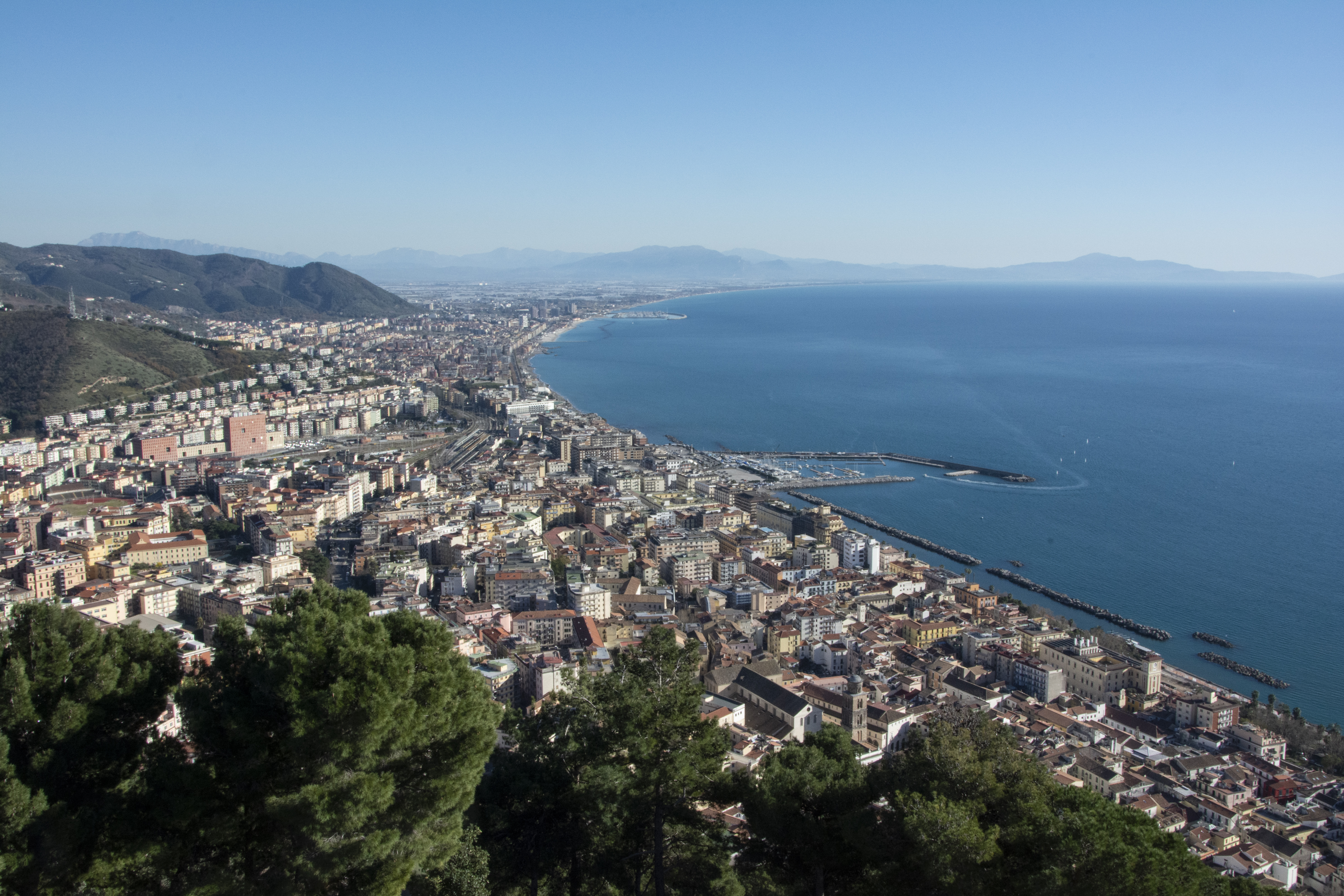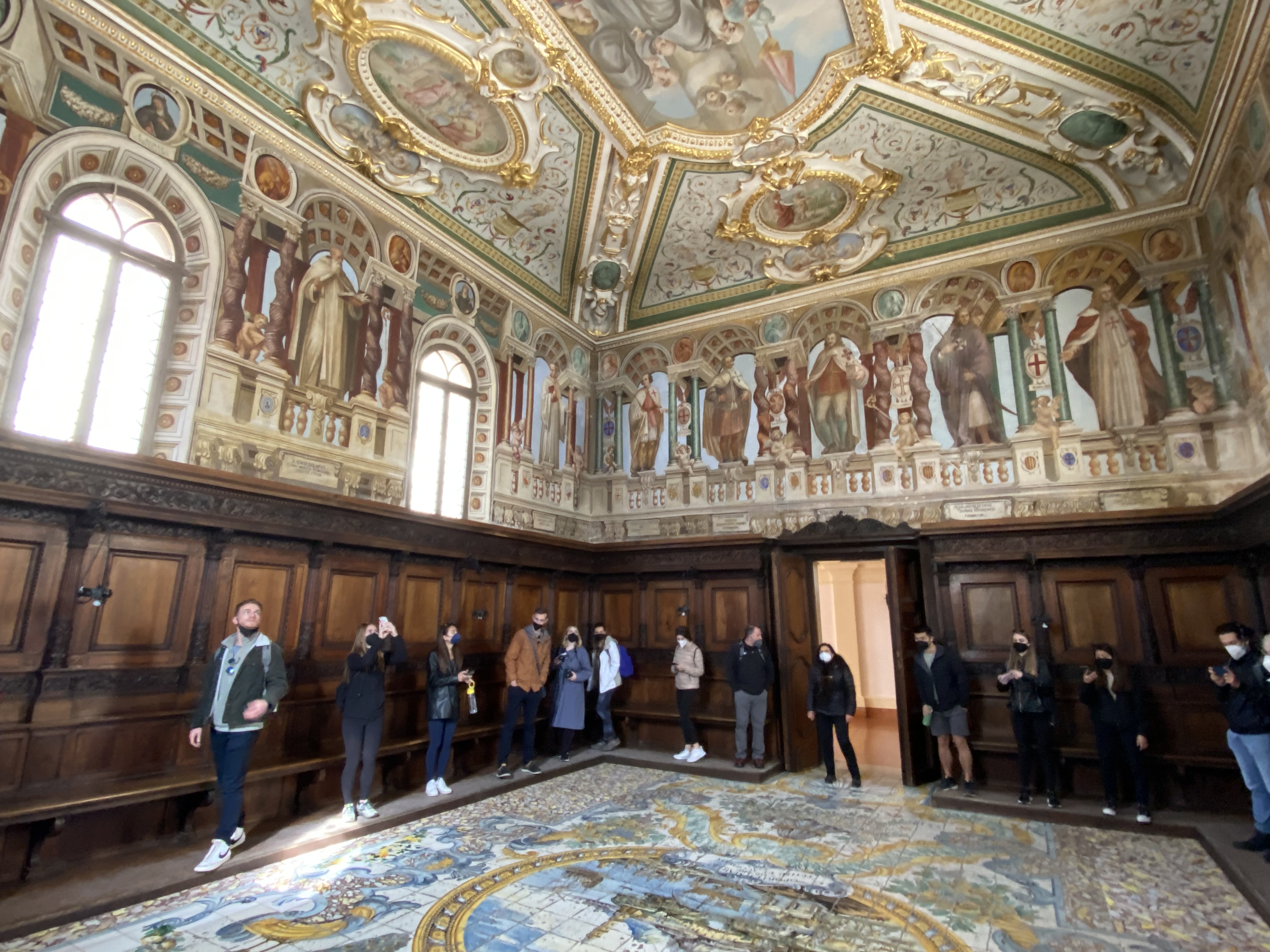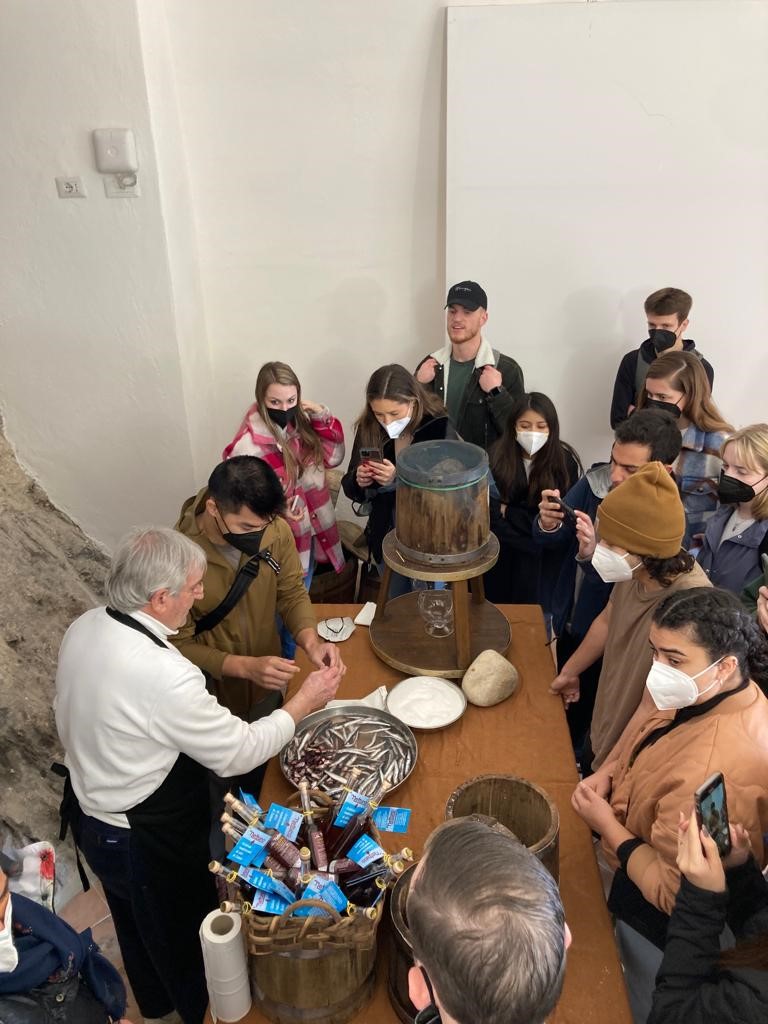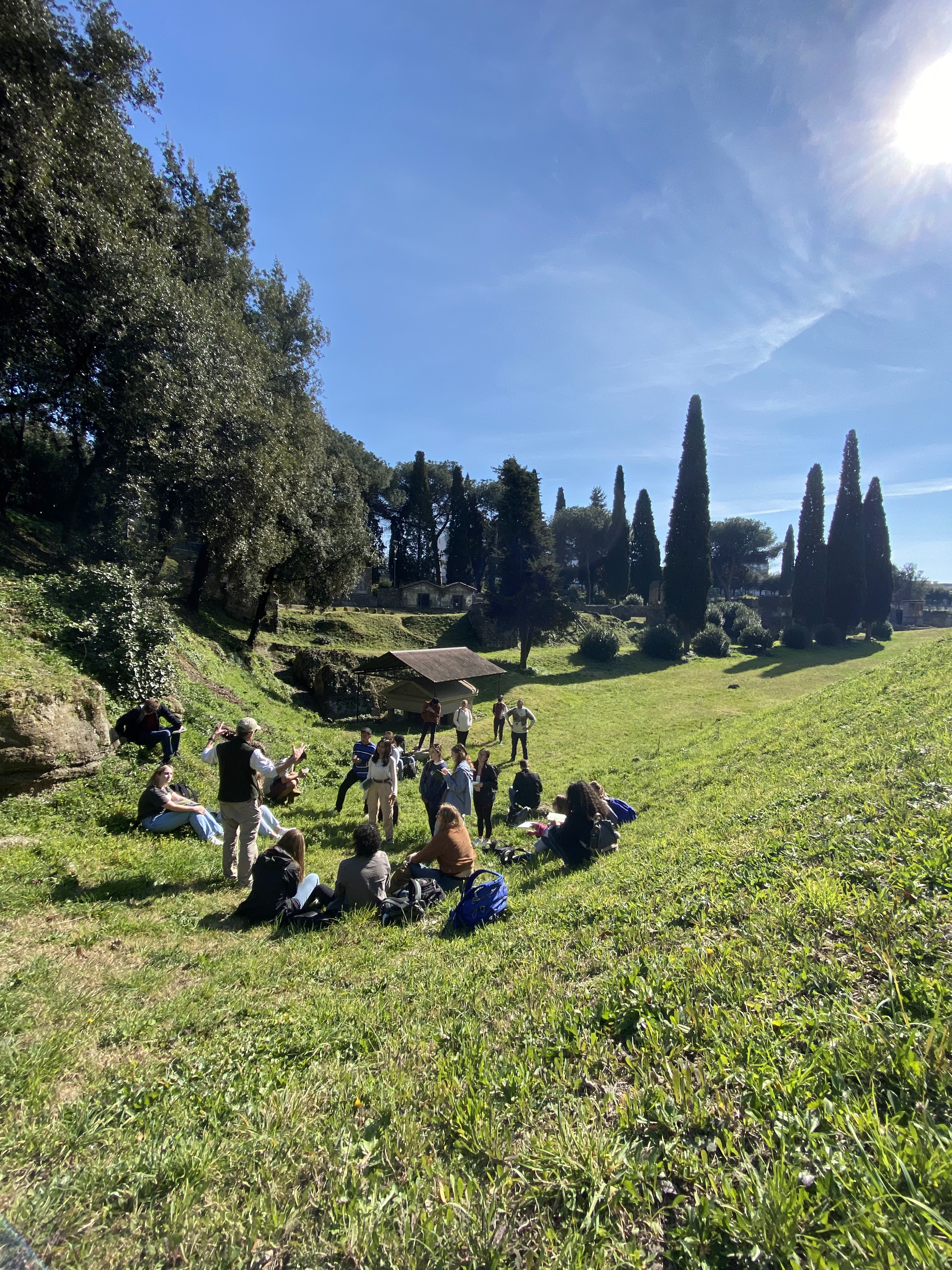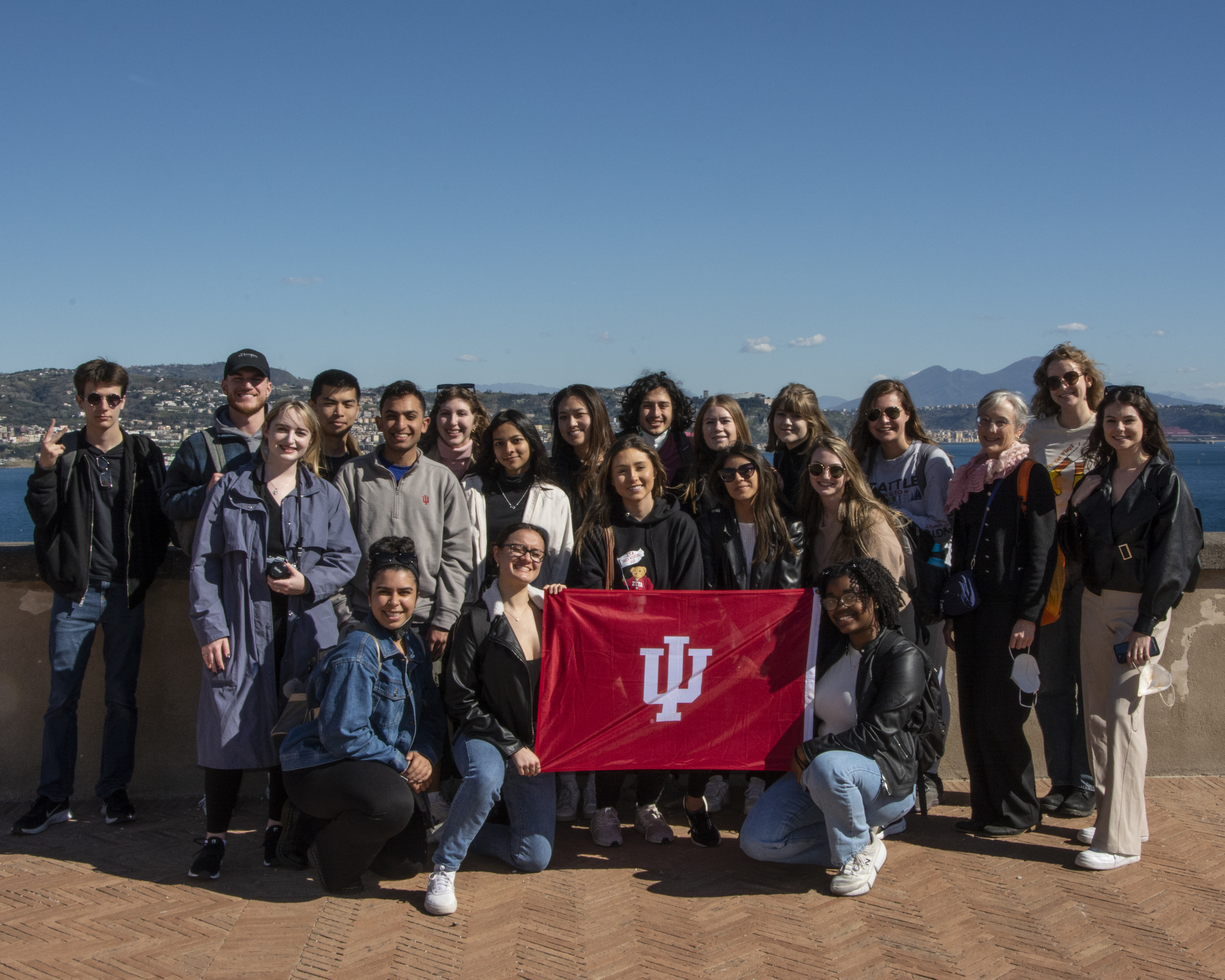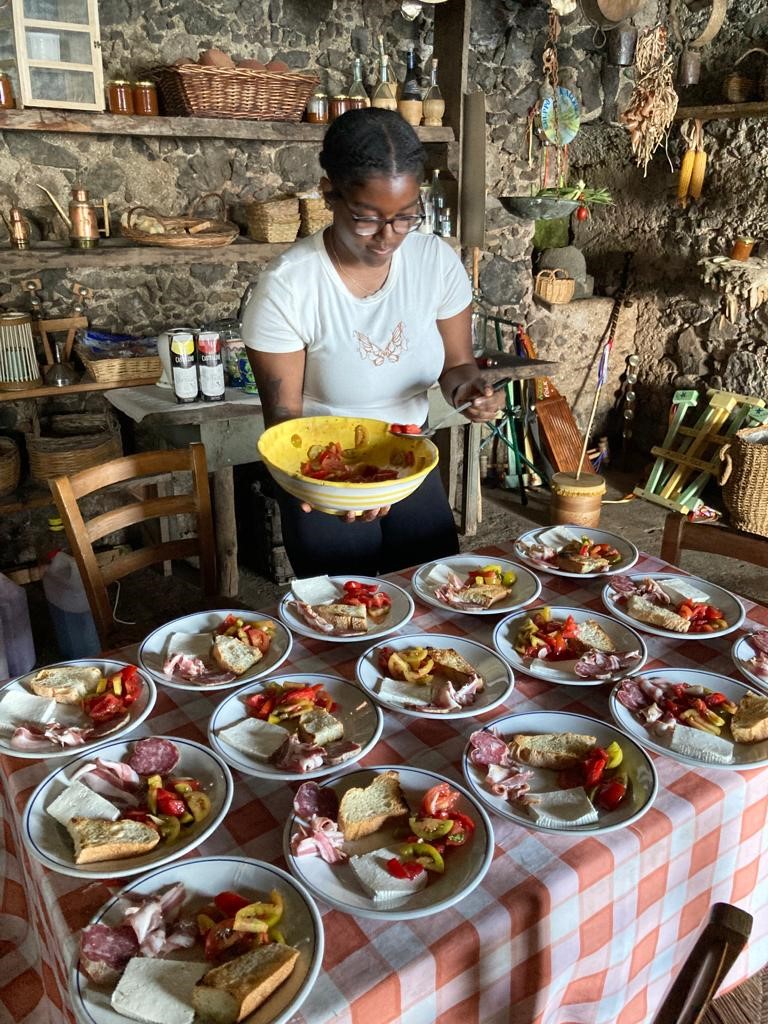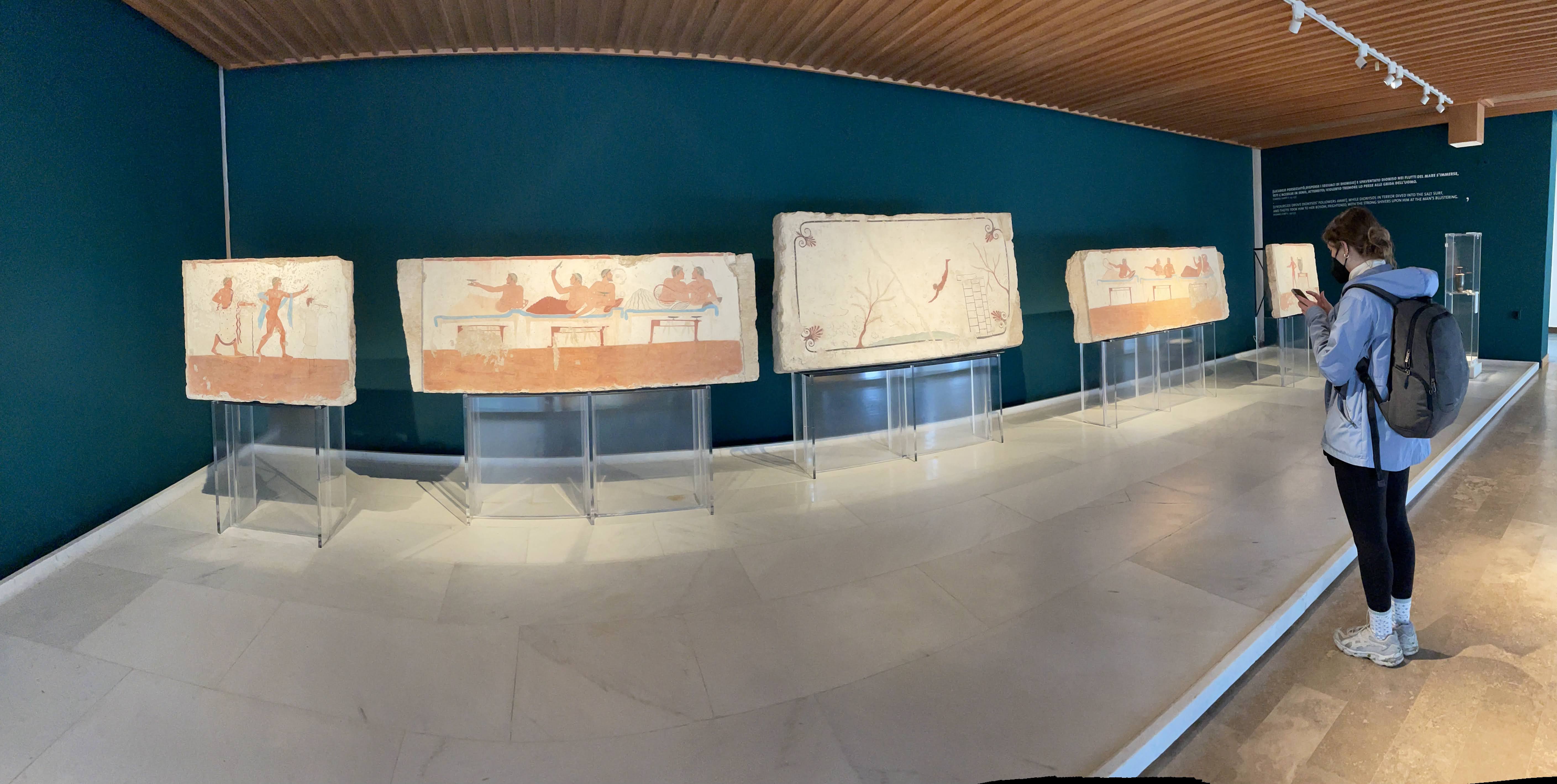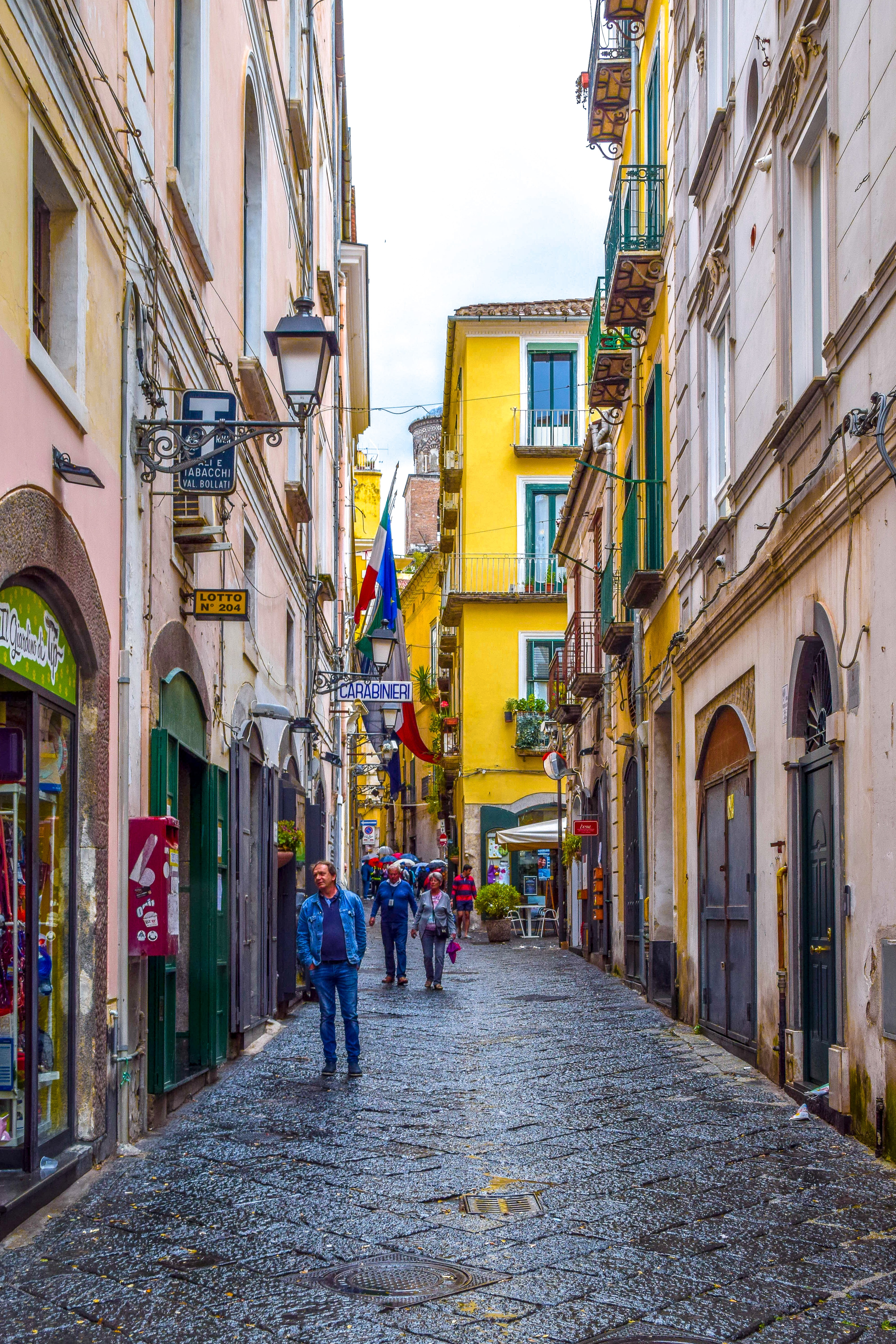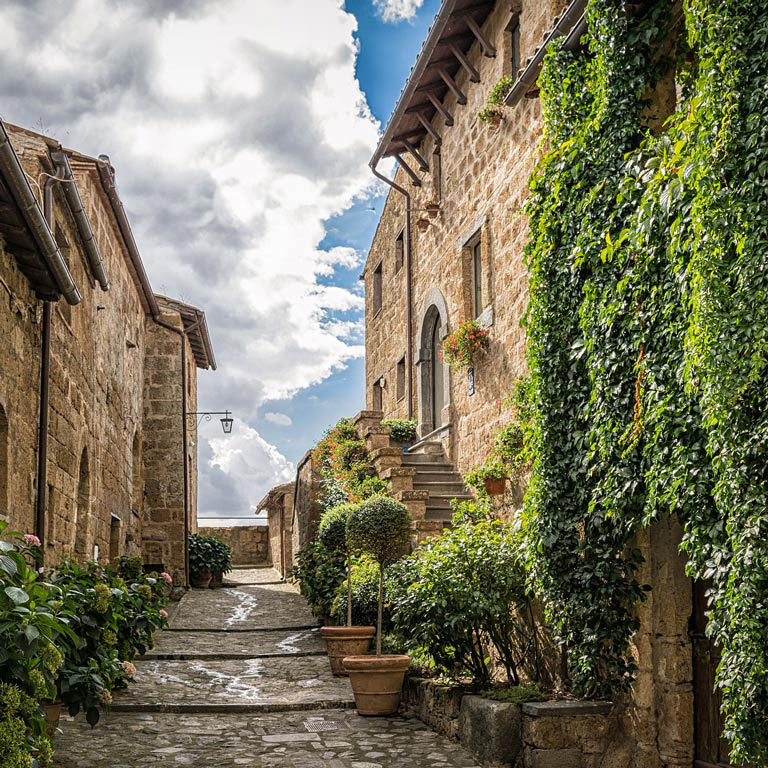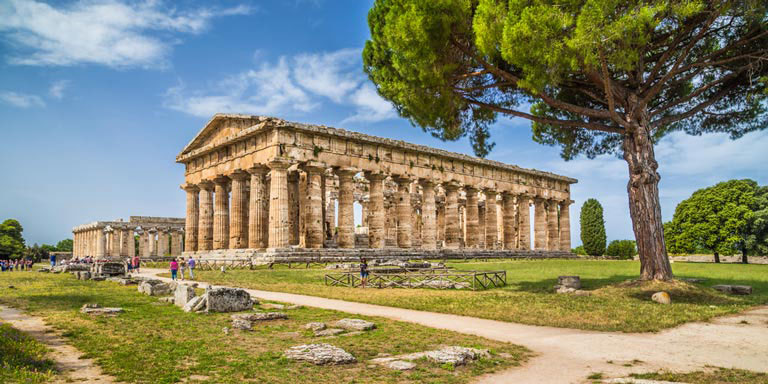Students must be in good standing and have a 2.8 GPA (or 3.2 in their major). You must be curious, flexible, open-minded, mature, and able to interact well within a group. You should be prepared for full days with lots of walking and exploring.
In order to have a richer experience in Italy, participating students are strongly urged to enroll in an Italian language course in Summer and/or Fall 2023. It will be a very worthwhile investment!
(Students are not eligible to study abroad in their freshman year.)
2024 Program Dates
January 20 - May 4, 2024
Students will arrive in Salerno prior to Orientation on Monday, January 22. For the first weeks of January, online readings and light coursework will prepare you for your time abroad. However, you may complete these from anywhere- you do not have to be in Bloomington at all during the spring semester. We will meet you in Salerno!
The course fee will be approximately $4,700-$5,500, which includes housing, program excursions, local travel, and some meals. You will be responsible for IU tuition at your standard residency rate, airfare, visa fees, most meals, and personal expenses.
The course fee is charged to your bursar bill, so your scholarships, awards, and loans will apply without any additional work on your part.
Scholarships are available from the College of Arts and Sciences, and additionally, qualifying Earth and Atmospheric Science students should contact Professor Michael Hamburger for additional opportunities. Art History also offers a study abroad scholarship for majors or minors.
In Salerno, you will room with one or more students in apartments located in Salerno's medieval city. You may be in a studio apartment with another student, or your apartment might have multiple bedrooms. All lodging meets with IU standards for safety and cleanliness, and while sharing spaces, each student has their own bed.
Be prepared that these apartments conform to Italian expectations for space and are naturally smaller than typical American apartments. Italian apartments do not have dryers, nor dishwashers.
If you’re making a decision about housing in Bloomington for the 2023-2024 academic year, please know that you will not have to pay a fee to break a housing contract with RPS for the purpose of studying abroad on this program.
You will make your own travel arrangements to Salerno and will meet the group upon your arrival in Italy. You may coordinate with other participants so you travel together. If you wish, you may stay after the ASPIRE Semester program ends to travel in Europe or join another IU study abroad program!
We will provide the necessary documentation for a student visa during your time in Italy. You are required to have a passport that is valid until the end of 2024.
This program is a condensed semester, and there is no spring break week. We provide two long weekends as opportunities for extended travel throughout Italy or Europe.
Participating students will need to enroll in a one-credit preparatory course during the second eight-weeks of Fall 2023. The course is currently scheduled for Thursday mornings. If you cannot take it for credit, you may request an exemption but will still be required to participate in mandatory pre-departure orientation sessions. For more information, contact College International.


